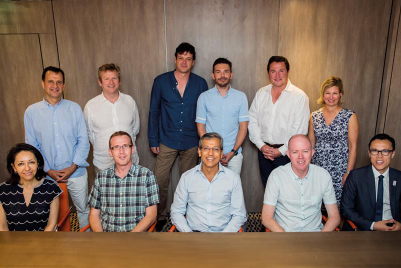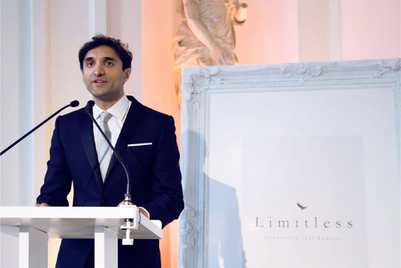
At a recent marketing event, I found myself seated with some keen young marketers. They seemed highly aware of the latest action - recently released ads, consumer promotions, events, social marketing and others.
I enjoyed conversing with them on their achievements, career aspirations and the way they were going about their marketing roles. One of them casually asked me for my opinion on the way he was going about his role. That got me thinking.
On the face of it, there are many small things that a young marketer can do differently. But what are the big mistakes that one should avoid? How should s/he look at her/his work differently?
Based on my conversation with the young champion, here are a few of my thoughts:
‘Owning’ Consumer Understanding
When it comes to consumer understanding, depth matters.
Most brands derive their competitive advantage from a very deep understanding of consumers. Such understanding can come to a young marketing manager only through personal thinking, observation and application.
Unfortunately, many managers do not realize this. They often rely on research presentations, a few consumer visits or archived brand data for insights. While these are important, one needs to use them as inputs for a higher level analysis.
Great insights are unlikely to present themselves as a single piece of evidence. Only by observing the consumer in different contexts and by correlating information from multiple sources, an outline may emerge. In this outline, the best person to join the right set of dots is the marketer himself. It is he who can uniquely understand the chemistry of the consumer with the product and link it to the other happenings in the consumer’s life.
Consider these independent, seemingly unrelated facts: During the last few years, consumer disposable income has gone up. Consumers are taking loans to buy cars, houses and other things. Consumers are feeling the pinch of scarcity of time. Financial transactions are considered complex. As an insurance marketer, you could have connected these dots and come out with a simple term insurance plan that could be bought in minutes over the internet. It would cover the liabilities and give consumers the peace of mind that in case something happens to them, their family would not suffer a downgrade of lifestyle.
Note how some of these facts were pieces of ‘scattered’ information dots. Good marketers need to have a very strong ‘personal’ sense of joining such dots. The word ‘personal’ here is important because it is this personal sense and rigour that differentiates the great marketer from the good.
Becoming ‘End-to-end’ owners
I have noticed that far too many managers tend to be restricted to only their part of the work sphere. Thus brand managers do not get into media, media managers do not understand the creative development process and both of them take a very distant view of the digital technology. Such behaviour restricts holistic learning and can impact the development of a young marketer.
New age marketers need to be all rounders and not operate in silos. It is important to understand that the consumer sees the brand offering as a solution and the marketer should be in a position to control this ‘delivery’ to the consumer across various mediums.
This means that young marketers should see themselves as ‘end-to-end’ solution providers, not just as brand experts. Thus, they need to acquire a combination of brand, media and technology skills.
Imagination > Knowledge
Imagination can be greater than knowledge.
Quite often, the consumer needs are under-fulfilled but the existing solutions seem the best possible - thus it is assumed that a need-gap does not exist. Without imagination, marketers will not be able to re-look at such needs and hence not be able to produce better solutions.
Creativity and imagination can be the strongest assets of a good marketer. Great marketing managers not only build a ‘culture of creativity’ around them, they also take active part in it. Unfortunately, young marketers do not spend enough time and effort on this important facet. They are often busy in implementing marketing programs as opposed to ‘imagining’ new solutions. They do not realize that without imagination, they will not be able to question the norm. They will not be able to push the boundaries or even excite the consumer.
(Views are personal)


.jpg&h=334&w=500&q=100&v=20250320&c=1)
.jpg&h=334&w=500&q=100&v=20250320&c=1)

.jpg&h=334&w=500&q=100&v=20250320&c=1)


.jpg&h=334&w=500&q=100&v=20250320&c=1)


.jpg&h=334&w=500&q=100&v=20250320&c=1)

.jpg&h=268&w=401&q=100&v=20250320&c=1)




.jpg&h=268&w=401&q=100&v=20250320&c=1)
.jpg&h=268&w=401&q=100&v=20250320&c=1)
